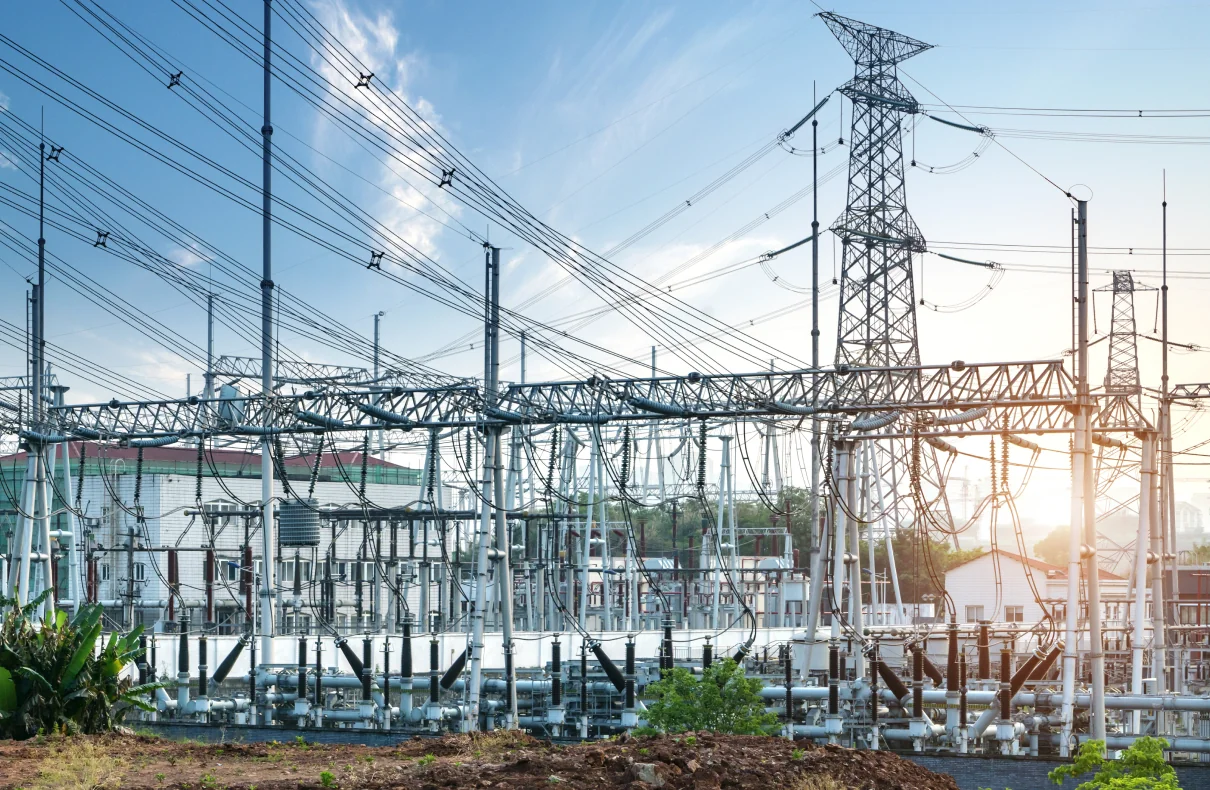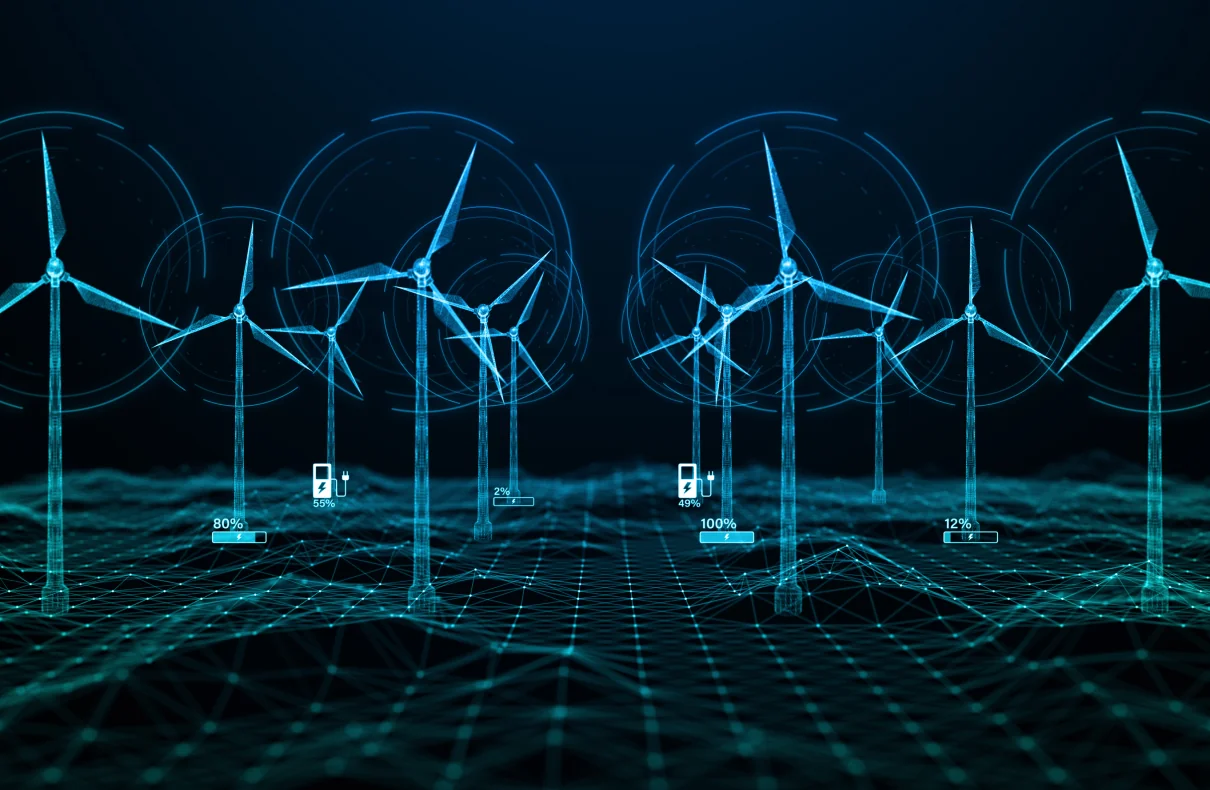AI systems improve security in the energy sector by monitoring and detecting potential hazards, assisting employees in high-risk tasks, and enhancing overall operational safety.



The industry is pressured to reduce carbon emissions and enhance sustainability practices to respond to climate change concerns. Shifting from traditional fossil fuels to renewable energy sources poses infrastructure, investment, and policy adaptation challenges.

The aging infrastructure in many power plants worldwide is a significant concern for the industry. It pertains to the equipment, facilities, and inefficient processes that form the backbone of energy production, distribution, and storage.

The need for more experienced staff is a critical issue that stems from factors like employee rotation and an aging workforce. This shortage creates a pressing need to train new workers and bridge the knowledge gap. However, traditional training methods, often lengthy and conducted in person, don’t align with the urgency of the training needs.

The energy sector operates within a complex regulatory environment that covers various aspects, including safety protocols, grid reliability, and energy market rules. Market regulations are subject to frequent changes driven by shifts in political, environmental, and economic priorities.

Technologies in the energy sector, including smart grids, the Internet of Things (IoT), and big data management, are evolving rapidly. Moreover, they often are interconnected to create more sophisticated and interdependent ecosystems. Companies must invest in research and development to keep pace with the speed of innovation.

Public perception in the energy sector plays a crucial role in shaping industry policies and practices. Building trust through transparent communication, community engagement, and addressing environmental, safety, and health concerns is essential for fostering positive public sentiment and creating favorable market conditions.






AI systems improve security in the energy sector by monitoring and detecting potential hazards, assisting employees in high-risk tasks, and enhancing overall operational safety.

AI systems minimize downtimes, extend equipment lifespan, and improve resource planning. Thanks to demand forecasting, they reduce strain on the grid during peak times.

AI improves business decision-making and planning by providing advanced analytics, insights, and forecasts derived from large datasets.

Automating compliance monitoring ensures adherence to industry standards, helping to avoid potential penalties associated with regulatory breaches.

AI-powered training and assistance enhances employee performance and skill development, fostering a positive workplace culture.

Artificial Intelligence in the energy sector plays a pivotal role in waste and emission reduction by optimizing energy use, early fault detection, and predictive maintenance.
